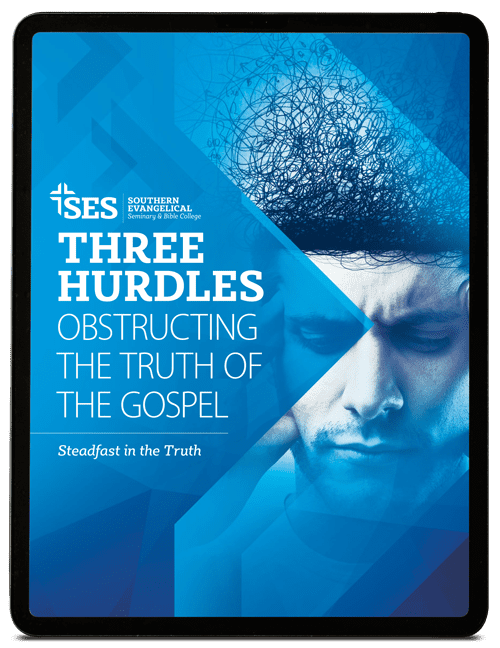
I absolutely love the Old Testament. While many view it as difficult or confusing, I love to get lost in the stories of real people, in real places, living out real experiences with our Living God. But is that really what the Old Testament is? Christianity is often undermined by the claim that the Old Testament should be viewed as a collection of moral stories. This is not a claim external to the church, for there are many Bible believing, born again Christians who will tell you that while there is much we can learn from the Old Testament, it was never meant to be viewed historically. Many of these individuals are solidly committed to the New Testament, but just as strongly against the historical reliability of the Old Testament.
However, there is one major problem with this view. In the New Testament, Jesus claims to be the long awaited Messiah prophesied throughout the Old Testament—the fulfillment of the Abrahamic covenant, through the line of David, the redeemer juxtaposed with the first Adam of Genesis. He fulfilled the Mosaic law, living a perfect life and thus being the only one qualified to be the Lamb of God who was sacrificed for the atonement of mankind. This Jewish Messiah is our Lord and Savior.
Yet if the Old Testament is not true, if the people, places and events described did not really exist or happen, and if the Old Testament is merely moral stories to guide our behavior, then Jesus’ life, death, and resurrection make little sense. Without the Fall, as described initially in Genesis, there is no need for salvation and redemption. Without an historic Abraham, we lose our understanding of what grace requires of us: “Abraham believed and it was credited to him as righteousness” (Rom. 4:3 c.f. Gen. 15:6).
The New Testament is a fulfillment of the Old Testament. If the Old Testament is not historically true, then a significant amount of our understanding of God’s nature and interaction with mankind is lost. Join me for a presentation that explores the reliability of the Old Testament, responding to specific arguments against the historical accuracy of the Scriptural narrative.







